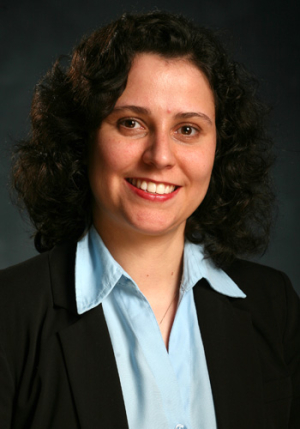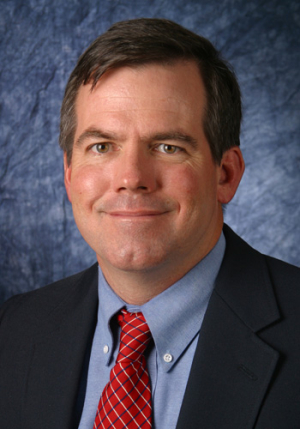Over the next three years, selected middle and high school science teachers from the Greater Houston area will spend the summer months exploring the world of nanotechnology at the University of Houston Cullen College of Engineering.
The National Science Foundation awarded the college a $429,000 grant to fund “Innovations in Nanotechnology,” a Research Experience for Teachers (RET) program. Such RET programs are designed to address the looming shortfall of science and engineering talent in the United States, said Debora Rodrigues, assistant professor of civil engineering and co-principal investigator on the grant.
“We want to spread the word about engineering and attract students to the field," she said. "We bring teachers here to show them what we do and experience what engineering is like so they can pass that information and that enthusiasm on to their students.
The grant will allow the Cullen College to work with 12 teachers during each of the next three summers. The teachers will assist ongoing nanotechnology-related research projects being conducted by college faculty members.
The individual assigned to work with Rodrigues, for instance, will assist in efforts to develop efficient nanotechnology-based water purification systems. Other projects include work on a detection tool for the Norwalk “Cruise Ship” virus, and the development of technologies for mass-producing nanostructures.
At the end of each summer, participants will produce a poster outlining their research efforts. They will also collaborate with college faculty to develop engineering education modules for use in their own classrooms.
All in all, roughly 15 Cullen College faculty members have agreed to work with teachers in the RET program over the grant’s duration. Given their other responsibilities, that speaks well for both the college and these professors, said Fritz Claydon, associate dean for education and research and the grant’s principal investigator.
“All of these faculty member have active research programs, graduate students they mentor and advise, committees they serve on and classes they teach. It says a lot about their dedication to engineering education and the overall health of the profession that they’re eager to take on these extra duties,” he said.

